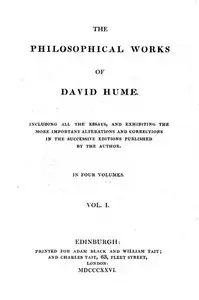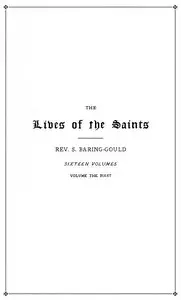"Plotinos: Complete Works, v. 1" by Plotinus is a collection of philosophical ideas from the early 1900s. This book brings together the teachings of Plotinus, a very important philosopher, along with stories about his life written by people who knew him, like Porphyry. The writings look at difficult ideas about what it means to exist and to experience beauty, especially in relation to what is divine, with the overall goal of explaining the roots of philosophy. The book starts by presenting Plotinus's life and how he came to his philosophical views, focusing on how he taught through speaking before writing anything down. Plotinus comes across as someone dedicated to understanding the divine, often showing that he did not like the physical world as much as the world of ideas. Accounts describe Plotinus as someone who talked with students and other thinkers, creating a foundation for a way of thinking that impacts discussions about both the nature of reality and what is morally right or wrong in philosophy. The book also tells of Plotinus's simple way of life as well as his dedication to thinking, which sets the stage for a further looking into his ideas later in the book.

Plotinos: Complete Works, v. 1 In Chronological Order, Grouped in Four Periods
By Plotinus
Explore the complex life and transcendent ideas of a philosopher seeking divine truth through intellectual pursuit, as recounted by his peers and captured in his teachings.
Summary
About the AuthorPlotinus was a Greek Platonist philosopher, born and raised in Roman Egypt. Plotinus is regarded by modern scholarship as the founder of Neoplatonism. His teacher was the self-taught philosopher Ammonius Saccas, who belonged to the Platonic tradition. Historians of the 19th century invented the term "neoplatonism" and applied it to refer to Plotinus and his philosophy, which was vastly influential during late antiquity, the Middle Ages, and the Renaissance. Much of the biographical information about Plotinus comes from Porphyry's preface to his edition of Plotinus' most notable literary work, The Enneads. In his metaphysical writings, Plotinus described three fundamental principles: the One, the Intellect, and the Soul. His works have inspired centuries of pagan, Jewish, Christian, Gnostic, and early Islamic metaphysicians and mystics, including developing precepts that influence mainstream theological concepts within religions, such as his work on duality of the One in two metaphysical states.
Plotinus was a Greek Platonist philosopher, born and raised in Roman Egypt. Plotinus is regarded by modern scholarship as the founder of Neoplatonism. His teacher was the self-taught philosopher Ammonius Saccas, who belonged to the Platonic tradition. Historians of the 19th century invented the term "neoplatonism" and applied it to refer to Plotinus and his philosophy, which was vastly influential during late antiquity, the Middle Ages, and the Renaissance. Much of the biographical information about Plotinus comes from Porphyry's preface to his edition of Plotinus' most notable literary work, The Enneads. In his metaphysical writings, Plotinus described three fundamental principles: the One, the Intellect, and the Soul. His works have inspired centuries of pagan, Jewish, Christian, Gnostic, and early Islamic metaphysicians and mystics, including developing precepts that influence mainstream theological concepts within religions, such as his work on duality of the One in two metaphysical states.














